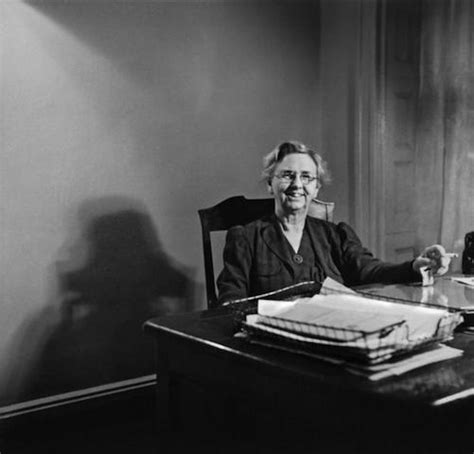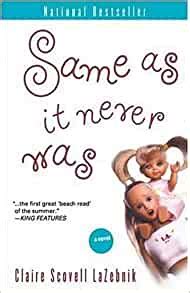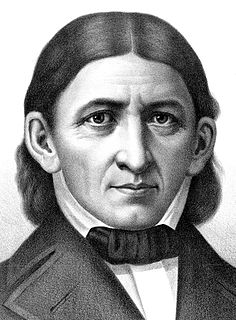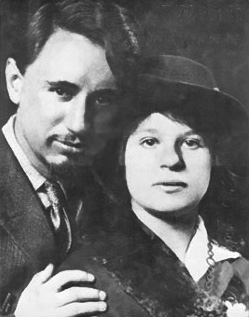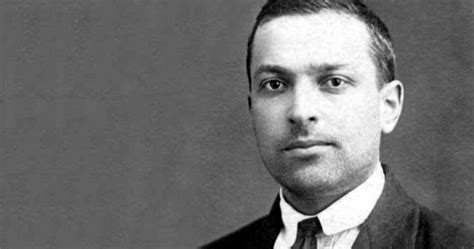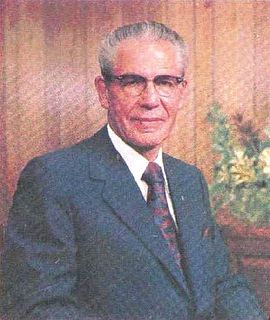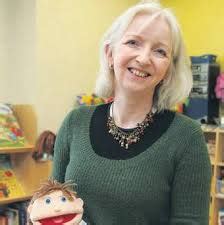A Quote by Caroline Pratt
Childhood’s work is learning, and it is in his play...that the child works at his job.
Related Quotes
Don't think that there's a different, better child 'hiding' behind the autism. This is your child. Love the child in front of you. Encourage his strengths, celebrate his quirks, and improve his weaknesses, the way you would with any child. You may have to work harder on some of this, but that's the goal.
The mind grows by self revelation. In play the child ascertains what he can do, discovers his possibilities of will and thought by exerting his power spontaneously. In work he follows a task prescribed for him by another, and doesn't reveal his own proclivities and inclinations; but another's. In play he reveals his own original power.
In play, the child is always behaving beyond his age, above his usual everyday behaviour; in play he is, as it were, a head above himself. Play contains in a concentrated form, as in the focus of a magnifying glass, all developmental tendencies; it is as if the child tries to jump above his usual level.
We think that play and fairytales belong to childhood - how shortsighted that is! As though we would want at any time in our life to live without play and fairytales! We give these things other names, to be sure, and feel differently about them, but precisely this is the evidence that they are the same things, for the child too regards play as his work and fairy tales as his truth. The brevity of life ought to preserve us from a pedantic division of life into different stages - as though each brought something new.
The master in the art of living makes little distinction between his work and his play, his labor and his leisure, his mind and his body, his information and his recreation, his love and his religion. He hardly knows which is which. He simply pursues his vision of excellence at whatever he does, leaving others to decide whether he is working or playing. To him he's always doing both.
I observed that the successful farmer worked at his job. He would do his plowing, disking, harrowing, seeding, and harvesting in the proper season and at the proper time, while his neighbor was procrastinating, or off hunting and fishing while the work was still to be done. We must learn to set our priorities straight. No one can be successful in his line of work unless he works at it in the proper season and plays in the proper season.
But somewhere, a child surprises himself with his endurance, his quick mind, his dexterous hands. Somewhere a child accomplishes with ease that which usually takes great effort. And this child, who has been blind to his past, but his heart still beats for the thrill of the race, this child's soul awakens. And a new champion walks among us.
